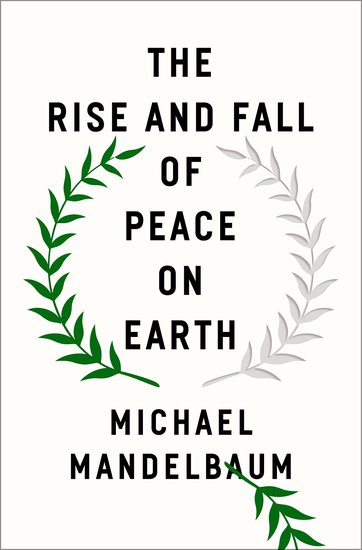The women's also a flaming hot MAGA conservative and former spokeswoman for former Attorney General Jeff Sessions. Who cares if she's got no formal "journalistic experience"? I mean, c'mon, no one's ever heard of George Stephanopoulos? *Eye roll.*
At the Daily Beast, with a nice photo of this luscious babe:
CNN staffers are upset and confused about the network’s decision to hire GOP operative Sarah Isgur to oversee its 2020 campaign reporting: “It’s extremely demoralizing for everyone here" https://t.co/4fQSKc6IF2
— The Daily Beast (@thedailybeast) February 19, 2019






